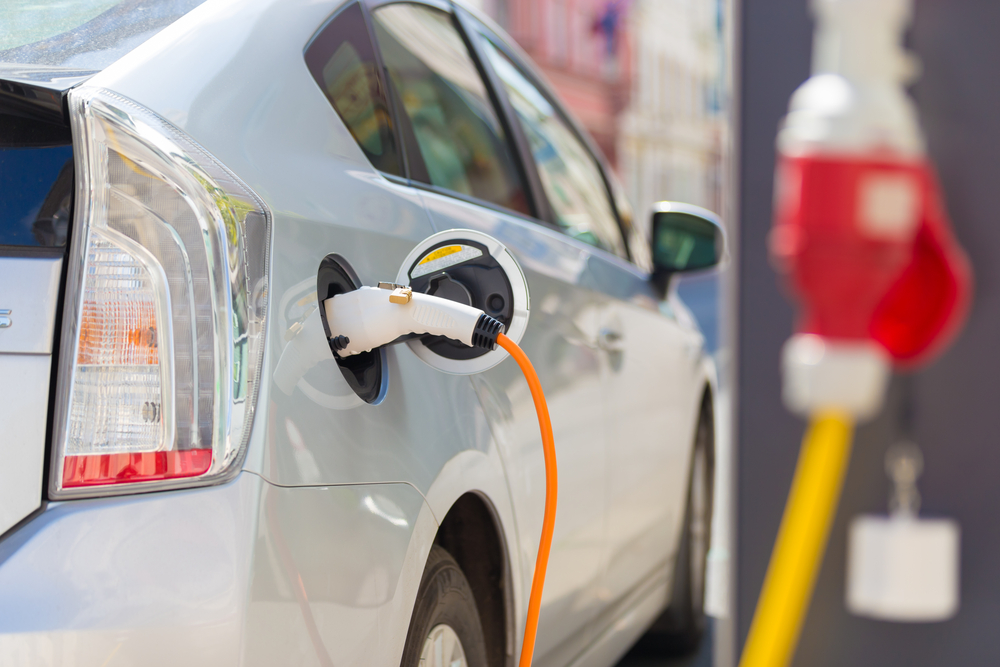Electric two and three wheelers are respectively estimated to account for 8-10 per cent and 30 per cent of new vehicle sales in the country by 2025, according to ICRA. The shift will be driven by cheap operating costs and attractive subsidy support, among other factors, said the rating agency.
In the medium run, penetration levels in cars and trucks are anticipated to remain minimal, according to the report.
According to ICRA, EVs presently account for 4.4 per cent of new car sales globally in CY2020, and their share is expected to surpass 5 per cent this calendar year.
Electric two-wheeler (2W) and three-wheeler (3W) sectors have a relatively lower dependency on commercial charging infrastructure, due to the limited span of commute, and can also adopt battery swapping to allay charging related concern for commercial applications.
Operating cost metrices continue to favour electric 2W and 3W for commercial operations. IIt said that e3W over the life of the vehicle will be much more cost economical than its CNG counterparts.
India can capitalise on its large 2W and 3W markets to become the world's leading manufacturer of e2W and e3W. But it will continue to lag in the electric car market.
While global automotive demand fell in CY2020 as a result of COVID-19's influence, EVs remained the bright light, with a 40 per cent increase over previous years, according to the report.
While the move to electric vehicles is unavoidable, ICRA believes that in India, unlike other global markets such as China, Europe, and the US, the rate of penetration will be slower.
Shamsher Dewan, Vice President and Group Head, Corporate Sector Ratings, ICRA, said, “It is heartening to see positive and proactive policy measures taken by the central government as well as various state governments to accelerate EV transition in India. Affordability and range anxiety remain key challenges, especially in the passenger car and truck segment and penetration levels are likely to remain low over the medium term.”
Issues are made more difficult by the lack of a local supplier ecosystem and a high reliance on imports. Because of low operating costs and appealing subsidy support, segments such as scooters, 3W, and small commercial vehicles have already reached total cost of operations (TCO) parity with conventional vehicles, and are projected to be early adopters of EVs in India, he said.
“We expect the share of EVs to reach about 8-10 per cent level in 2W, and over 30 per cent in 3W by 2025. The penetration levels in cars and trucks are likely to remain low in the medium term,” Dewan noted.
The global automobile industry is undergoing huge technical revolutions, according to the ratings agency, with a shift from conventional to electric powertrains.
According to the report, this change would affect not only original equipment manufacturers (OEMs) and their suppliers in the auto industry, but also other stakeholders like as oil producers, refineries, financiers, and others.
Unlike other markets, particularly China, which has a considerable lead in public charging infrastructure, India may take several years to reach that level of penetration, according to ICRA. India might focus on 2W, 3W, and buses, where public charging infrastructure is required.
ICRA believes that India can still work on electrifying its 2W and 3W segments due to low TCO and large volumes that translate into economies of scale even though China has a significant lead in the e-car category,
The development of local manufacturing of batteries, critical components and charging infrastructure would remain critical for incentivising the local EV ecosystem, which is currently weak, reducing costs, and improving the overall acceptability of EVs in the country, said Dewan.
ICRA also said that lack of financing remains a key deterrent to higher EV penetration and that battery prices need to be reduced by a further 40 per cent to make any meaningful inroads in the Indian electric car market.
The recently announced production linked incentive (PLI) scheme for auto components and ACC batteries, according to ICRA, is expected to provide a much-needed stimulus for localising manufacturing in the sector.
“While dependency on imported battery cells will continue in the medium term, Indian companies can focus on localising other parts including motor and controller in the near-term followed by localisation of battery management system and other electronics over the next three-five years”, added Dewan.









